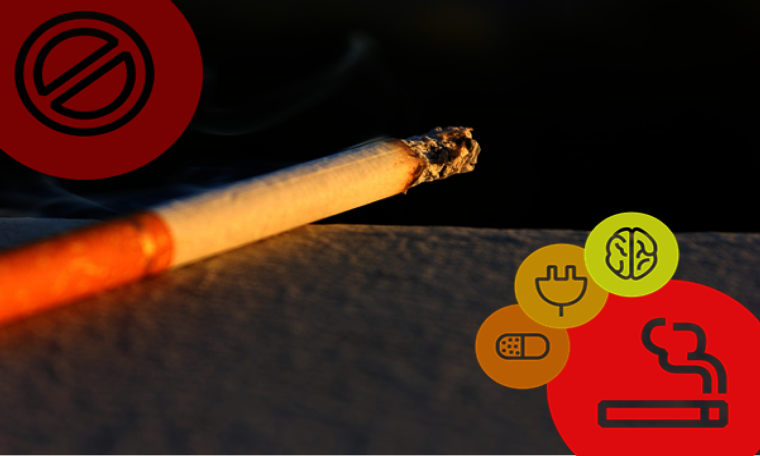
'Stoptober' is based on the insight that if someone can stop smoking for 28-days, they are five times more likely to be able to stay quit for good. Launched in 2012, 'Stoptober' is a 28-day stop smoking challenge from Public Health England that encourages and supports smokers towards quitting for good.
Given that ‘Stoptober’ season is now upon us, we thought we’d share some advice on the marketing of stop-smoking products and services.
General
Whatever method they use, smokers will usually only stop smoking if they are determined to do so and have the willpower.
You should hold evidence before claiming or implying that a minor addiction or a bad habit can be treated without effort from those suffering (rule 12.8), which the ASA/CAP are yet to see for products/services that intend to help people quit smoking.
For this reason, unqualified claims like “stop smoking the easy way” or any suggestion of “guaranteed success” are likely to break the rules.
Medicines
A smoker who is unable to quit without artificial aids is generally viewed as being addicted. As such, products advertised as stop-smoking aids are presenting themselves as capable of treating an addiction. Therefore, product claims to help people stop-smoking are regarded as medicinal and you should hold a relevant marketing authorisation from the MHRA (rule 12.11) before making such claims.
It's also worth bearing in mind that some stop-smoking medicines are ‘prescription only medicines’ (POMs), which may not be advertised to the public (Rule 12.12).
E-Cigarettes
As stop-smoking claims are medicinal, ads for e-cigarettes (including e-liquids and devices) cannot claim that the product could, for instance, help you “quit smoking or your money back”, without MHRA authorisation. Marketers also need to take care to avoid claims which might imply that the product is suitable as a stop-smoking device, for example by making references to “Stoptober”.
E-cigarettes may be presented as an alternative to tobacco but must not undermine the message that quitting tobacco use is the best option for health (rule 22.5). An ad was found in breach for this reason for stating “only smoke if you need to”.
Hypnotherapy
Although the ASA and CAP have generally accepted that hypnotherapy can potentially help support smokers in their efforts to give up, there is a division of opinion on whether the technique is effective. As with all objective claims, marketers must hold evidence to support them and, in particular, the emphasis of such claims should rest on the smoker’s commitment to quitting.
Hypnotherapy practitioners should avoid making success rate claims without robust substantiation to back them up. Marketers making success claims should ensure that they are based on rigorous evidence and not merely calculated on those patients who do not return for follow-up sessions or take up a money-back guarantee.
Need more?
If you need advice on your own non-broadcast ads, our Copy Advice team offers free, fast bespoke advice.
More on
-
Keep up to date
Sign up to our rulings, newsletters and emargoed access for Press. Subscribe now.


